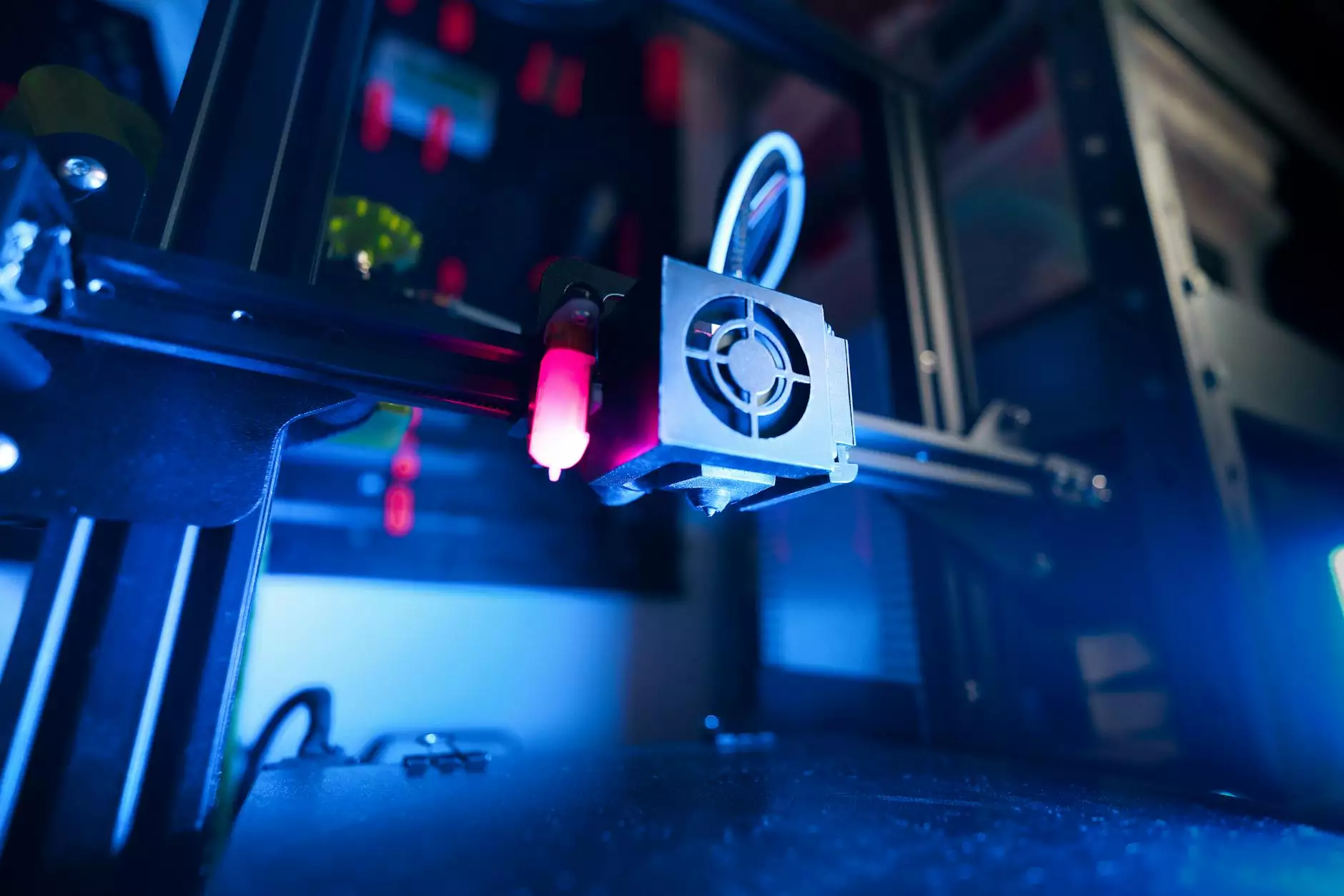Understanding Solana Validators: A Comprehensive Guide
The rise of blockchain technology has transformed numerous industries, and with it, has come the necessity for efficient and reliable validators. One of the most prominent names in the blockchain space is Solana, known for its high-speed and low-cost transactions. However, the backbone of this network is its validators. In this extensive guide, we will delve deep into the world of Solana validators, their roles, and how you can participate in this revolutionary blockchain ecosystem.
What is a Solana Validator?
A Solana validator is a participant in the Solana network responsible for validating transactions and ensuring the overall health and security of the blockchain. Validators play a crucial role in maintaining the integrity of the network by verifying transactions and producing new blocks.
Key Functions of Solana Validators
- Transaction Validation: Validators check and confirm the authenticity of transactions before they are added to the blockchain.
- Block Production: They create new blocks, which are essential for the network's operation and the continuation of the blockchain.
- Network Security: By securing the network against fraud and malicious activities, Solana validators contribute to the overall safety of the blockchain.
- Incentive Structure: Validators earn SOL tokens as rewards for their efforts in maintaining the network, thus providing a financial incentive to participate.
The Importance of Validators in the Solana Network
Validators are pivotal to the performance and functionality of the Solana blockchain. Here are several reasons why they are indispensable:
1. Scalability
One of the standout features of Solana is its ability to handle thousands of transactions per second (TPS). This is largely possible because of its unique consensus mechanism, Proof of History (PoH), combined with the roles performed by validators. The effectiveness of validators in processing and confirming transactions allows Solana to maintain its high throughput.
2. Decentralization
The resilience of the Solana network against censorship and attacks is largely attributable to its decentralized nature. Validators distributed across various geographic locations help ensure that no single entity can control the network. This decentralization fosters transparency and promotes reliable operation, essential for any blockchain project.
3. Trust and Security
In the world of blockchain, trust is paramount. The presence of validators who actively participate in securing the network is crucial. They help to prevent double-spending, fraud, and other malicious activities, thereby building confidence among users and developers utilizing the Solana blockchain.
How to Become a Solana Validator
Becoming a Solana validator is an exciting opportunity, but it requires some setup and investment. Here’s a detailed breakdown of the steps to become a validator:
1. Hardware Requirements
To successfully run a validator node, you need robust hardware that can handle the responsibilities of transaction validation. Recommended specifications include:
- 8-core CPU
- Minimum 128GB RAM
- High-performance SSD storage (1TB or more)
- Reliable high-speed internet connection
2. Software Setup
After acquiring the necessary hardware, you will need to install the Solana software on your server. This involves:
- Downloading the Solana software from the official website.
- Setting up the server environment and ensuring all dependencies are installed.
- Configuring the software to run as a validator node.
3. Key Management
Managing your private keys securely is vital. Utilize tools such as hardware wallets or encrypted storage solutions to safeguard your keys from unauthorized access.
4. Joining the Network
Once your node is set up, you can join the Solana network by staking some SOL tokens. It is essential to meet the minimum staking requirements to ensure your node can actively participate in the validation process.
5. Monitoring and Maintenance
Running a validator is an ongoing commitment. Regular maintenance, software updates, and monitoring network performance are necessary to ensure your node remains operational and competitive.
Rewards and Economics of Running a Validator
Validators can earn rewards for their contributions to the Solana network. These rewards come in the form of SOL tokens, distributed based on your stake and the overall performance of your validator:
1. Understanding Validator Rewards
The rewards are distributed proportionally to the amount of SOL you have staked. Therefore, the more you stake, the greater your earning potential. Additionally, factors such as the commission rate you set as a validator can influence your total earnings.
2. Importance of Uptime
Your validator's uptime is crucial. A high uptime percentage means you will earn more rewards, while extended downtime can lead to penalties, including a reduction in the rewards you receive. Hence, it is vital to ensure your server is reliable and continuously online.
The Challenges Facing Solana Validators
While being a Solana validator can be lucrative, it is also not without its challenges:
1. Technical Expertise
Setting up and maintaining a validator requires a certain level of technical knowledge. New validators might face a steep learning curve, particularly regarding server management and network operations.
2. Market Competition
The Solana network contains many validators, leading to increased competition. Ensuring your node is consistently performing and attracting delegations can be challenging.
3. Security Risks
As a validator, you are a target for potential attacks. Protecting your node against Distributed Denial of Service (DDoS) attacks and securing your private keys requires vigilance and constant updates to your security protocols.
Conclusion: Becoming a Part of the Solana Ecosystem
In summary, Solana validators are crucial to the operation and success of the Solana blockchain. By joining this innovative network, you have the opportunity to play an essential role in supporting a groundbreaking technological advancement while earning rewards through your contributions. With the knowledge and understanding of the setup, rewards, and challenges, you are now equipped to take the plunge into the world of Solana validation.
Further Resources
For those interested in deepening their understanding of Solana and its validators, consider exploring the following resources:
- Solana Documentation
- Validator Setup Guide
- Solana Community Forums
By engaging with these resources and the broader community, you can enhance your knowledge and proficiency as a validator in the vibrant Solana ecosystem.
